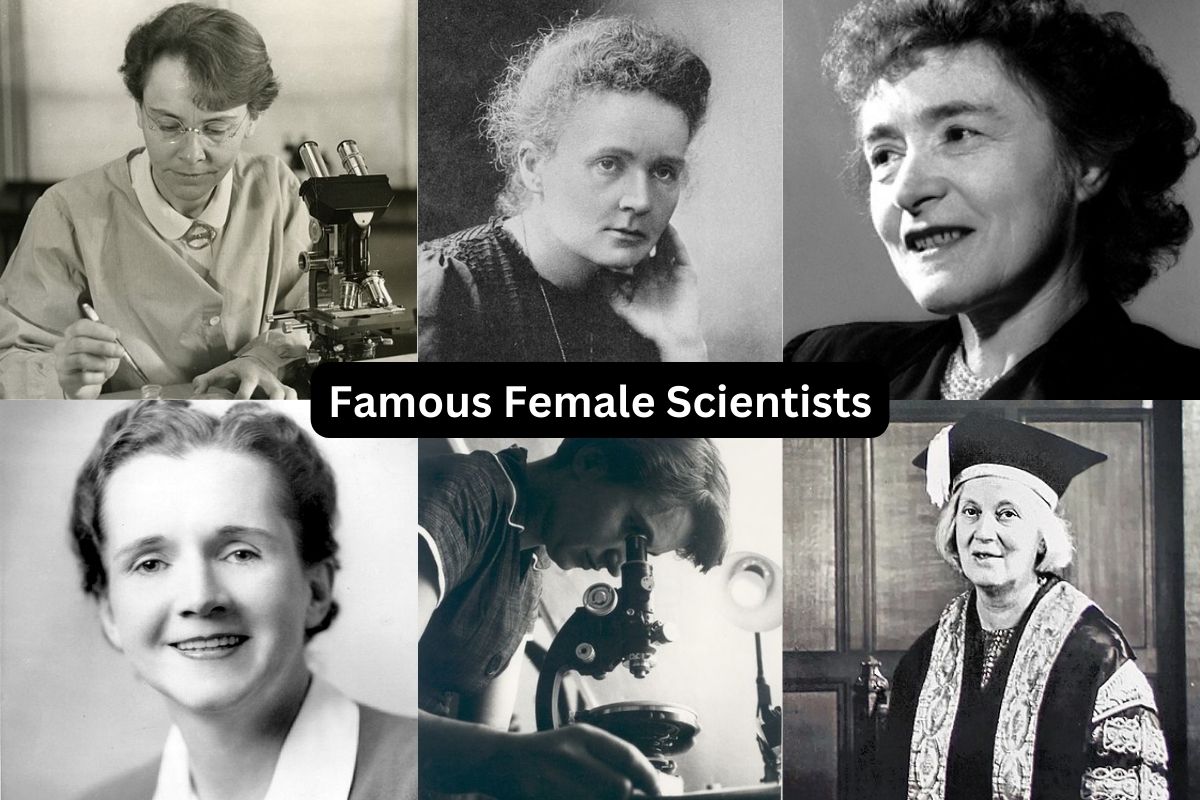Throughout history, numerous women have made extraordinary contributions to the field of science, often overcoming societal barriers and gender biases.
From groundbreaking discoveries in nuclear physics to unraveling the mysteries of DNA, these brilliant minds have left an indelible mark on the world of scientific knowledge.
In this article, we delve into the lives and achievements of pioneering female scientists whose work has shaped our understanding of the natural world.
From Marie Curie’s pioneering research on radioactivity to Mae Jemison’s historic journey to space, their stories inspire and remind us of the importance of gender equality in STEM fields.
Join us on a journey through the lives and accomplishments of these remarkable women who defied the odds and forever changed the landscape of science.
Famous Female Scientists
1. Marie Curie (1867-1934)
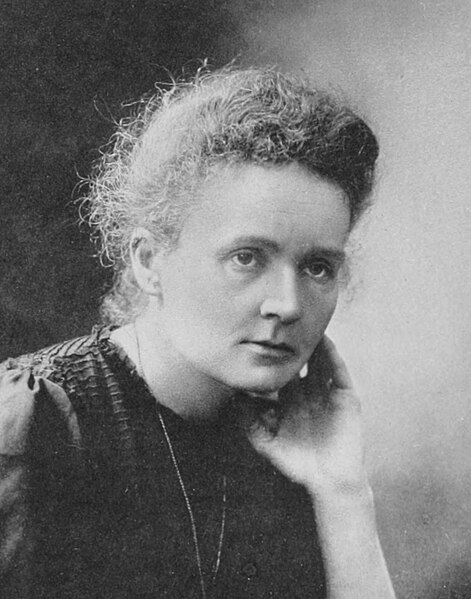
Marie Curie was a pioneering physicist and chemist who was born in Warsaw, Poland. She conducted groundbreaking research on radioactivity and made significant contributions to our understanding of atomic and nuclear physics.
Her pioneering work on radium and polonium led to the development of new X-ray techniques for medical diagnosis and treatment.
Also Read: Famous NASA Scientists
In 1903, she became the first woman to win a Nobel Prize when she was awarded the Nobel Prize in Physics, shared with Pierre Curie and Henri Becquerel, for their work on radioactivity. She won a second Nobel Prize, this time in Chemistry, in 1911 for her discovery of radium and polonium and her investigation of their properties.
Marie Curie’s dedication to science and her remarkable achievements have left a lasting legacy, and she remains an iconic figure in the history of science.
2. Rosalind Franklin (1920-1958)
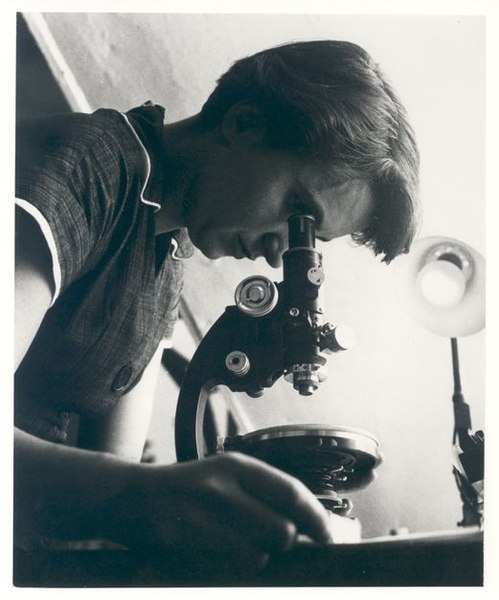
Rosalind Franklin was a British chemist and X-ray crystallographer known for her significant contributions to the study of molecular structures. She was born in London, England.
Franklin’s work on X-ray diffraction was instrumental in revealing the structure of DNA. Her famous “Photo 51” image provided crucial insights into the helical structure of DNA, which ultimately contributed to the discovery of the DNA double helix by James Watson and Francis Crick.
Also Read: Most Famous Russian Scientists
While Franklin’s contributions to DNA research were groundbreaking, her work has often been overshadowed in the past, and she did not receive a Nobel Prize for her role in the discovery of the DNA structure.
Nevertheless, her work has been recognized and celebrated in subsequent years for its significance in the field of genetics.
3. Jane Goodall (1934-present)
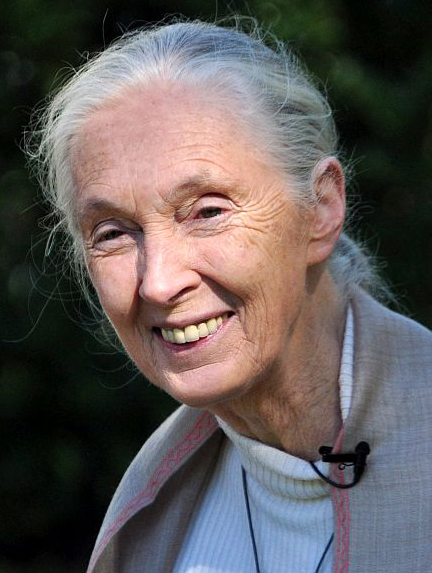
Jane Goodall is a renowned British primatologist, ethologist, and anthropologist. She was born in London, England, and is best known for her pioneering research on wild chimpanzees in Gombe Stream National Park, Tanzania.
Goodall’s groundbreaking work, which began in the 1960s, provided unique insights into the behavior, social structures, and communication among chimpanzees. Her observations challenged previously held notions about the distinctiveness of human beings in the animal kingdom.
Jane Goodall’s dedication to the conservation of chimpanzees and their habitats, as well as her efforts in promoting wildlife conservation and education, have earned her numerous awards and honors. She remains an influential advocate for the protection of the natural world and its inhabitants.
4. Barbara McClintock (1902-1992)
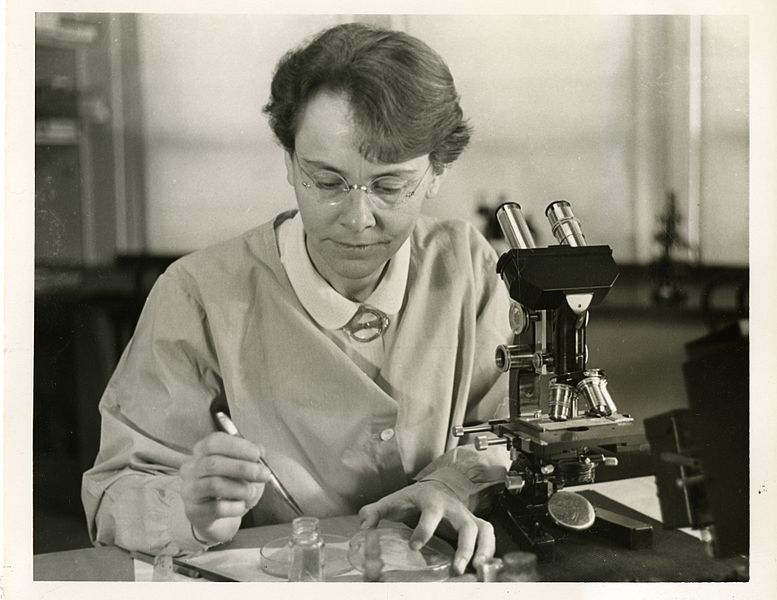
Barbara McClintock was an American geneticist born in Hartford, Connecticut. She is best known for her groundbreaking work on transposons, also known as “jumping genes.”
McClintock’s research in maize (corn) genetics led her to discover that certain genetic elements could move within a genome and influence genetic traits. Her work challenged established ideas about genetic stability and inheritance.
In 1983, Barbara McClintock was awarded the Nobel Prize in Physiology or Medicine for her discoveries in genetics, particularly her work on transposons. Her pioneering research has had a profound impact on the field of genetics and our understanding of genetic regulation.
5. Dorothy Crowfoot Hodgkin (1910-1994)
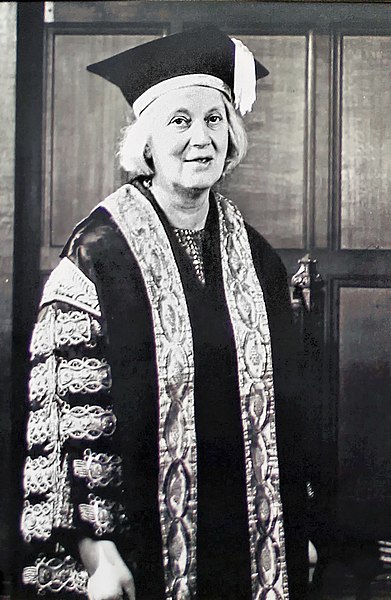
Dorothy Crowfoot Hodgkin was a British chemist who made significant contributions to X-ray crystallography. Born in Cairo, Egypt, she became known for her work on the structure determination of important biomolecules.
Hodgkin’s most notable achievements include determining the structures of complex molecules like penicillin, insulin, and vitamin B12 using X-ray crystallography. Her work laid the foundation for understanding the three-dimensional structures of many important biological molecules.
In recognition of her contributions to science, Dorothy Crowfoot Hodgkin was awarded the Nobel Prize in Chemistry in 1964. She was also a pioneering female scientist who inspired many women to pursue careers in science.
6. Rachel Carson (1907-1964)
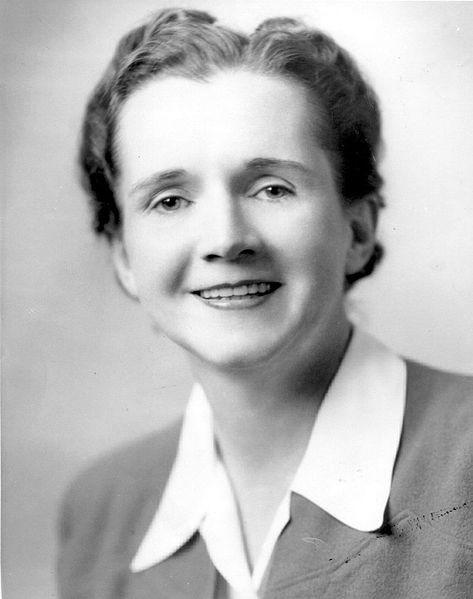
Rachel Carson was an American marine biologist and conservationist born in Springdale, Pennsylvania. She is best known for her influential book “Silent Spring,” published in 1962.
“Silent Spring” raised awareness about the harmful effects of pesticides, especially DDT, on the environment and wildlife. Carson’s work is often credited with sparking the modern environmental movement and leading to increased regulation of pesticides and other chemicals.
Rachel Carson’s writing and advocacy had a profound impact on the conservation and environmental awareness efforts in the United States and around the world. Her legacy continues to inspire environmentalists and scientists to this day.
7. Ada Lovelace (1815-1852)
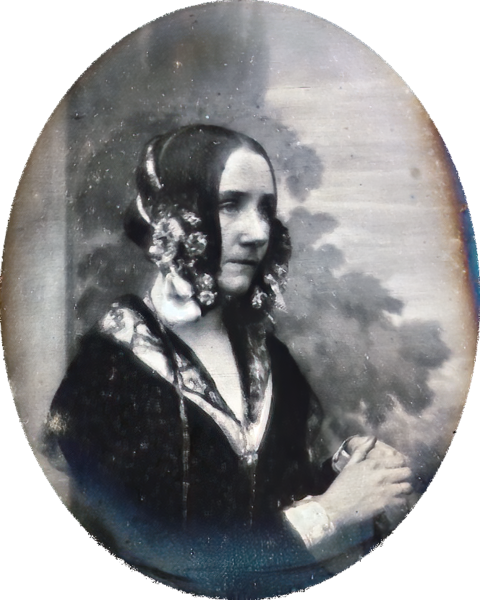
Ada Lovelace was an English mathematician and writer born in London. She is often recognized as the world’s first computer programmer.
Lovelace collaborated with Charles Babbage, the inventor of the Analytical Engine, a precursor to modern computers. Her “Notes” on the engine included detailed instructions for how to compute Bernoulli numbers, making her the first person to write a computer program.
Ada Lovelace’s work laid the conceptual groundwork for computer programming and algorithms. Her contributions to the field of computer science have earned her recognition as a pioneer in the history of computing.
8. Mae Jemison (1956-present)
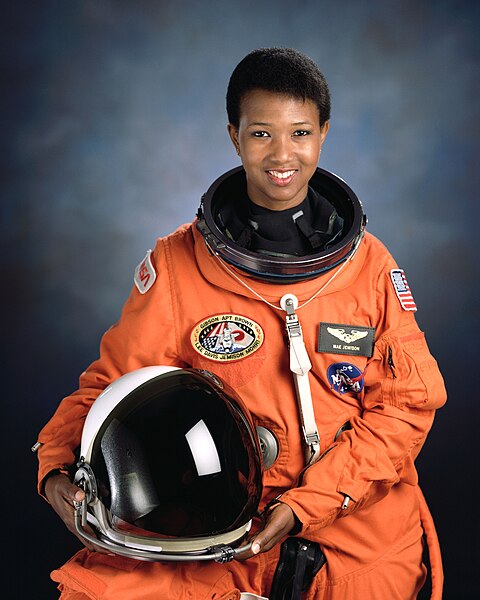
Mae Jemison is an American astronaut, physician, and engineer who was born in Decatur, Alabama. In 1992, she made history by becoming the first African American woman to travel in space.
Dr. Jemison flew as a mission specialist on the Space Shuttle Endeavour during STS-47. Her career has been marked by a dedication to space exploration and science education.
Beyond her astronaut career, Mae Jemison has been involved in various scientific and educational initiatives, promoting STEM (Science, Technology, Engineering, and Mathematics) fields and inspiring future generations of scientists and engineers.
9. Gerty Cori (1896-1957)
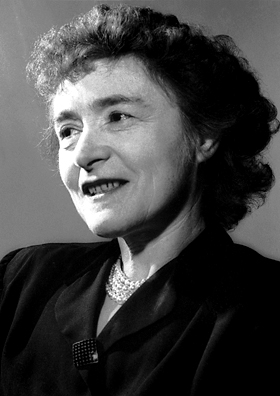
Gerty Cori was a Czech-American biochemist born in Prague. She is known for her significant contributions to the understanding of carbohydrate metabolism and enzymology.
Along with her husband Carl Cori, she conducted groundbreaking research on the biochemical processes involved in glycogen metabolism. Their work on the Cori cycle explained how glycogen is broken down and synthesized in the body.
In 1947, Gerty Cori and Carl Cori were jointly awarded the Nobel Prize in Physiology or Medicine for their discoveries in the field of carbohydrate metabolism, making Gerty Cori the third woman to receive a Nobel Prize in science.
10. Chien-Shiung Wu (1912-1997)
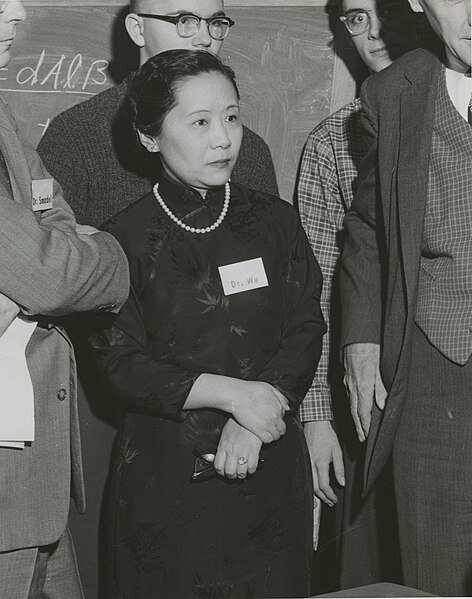
Chien-Shiung Wu was a Chinese-American experimental physicist born in Liuhe, China. She is best known for her work on the Manhattan Project during World War II and her significant contributions to the field of experimental nuclear physics.
Wu’s most famous experiment, known as the “Wu experiment” or “beta decay experiment,” provided crucial evidence for the violation of parity in weak nuclear interactions, which had a profound impact on the field of particle physics.
Although she did not receive the Nobel Prize for her contributions, Chien-Shiung Wu’s experimental skills and precision were highly respected in the scientific community, and she played a vital role in advancing our understanding of fundamental physical principles.
